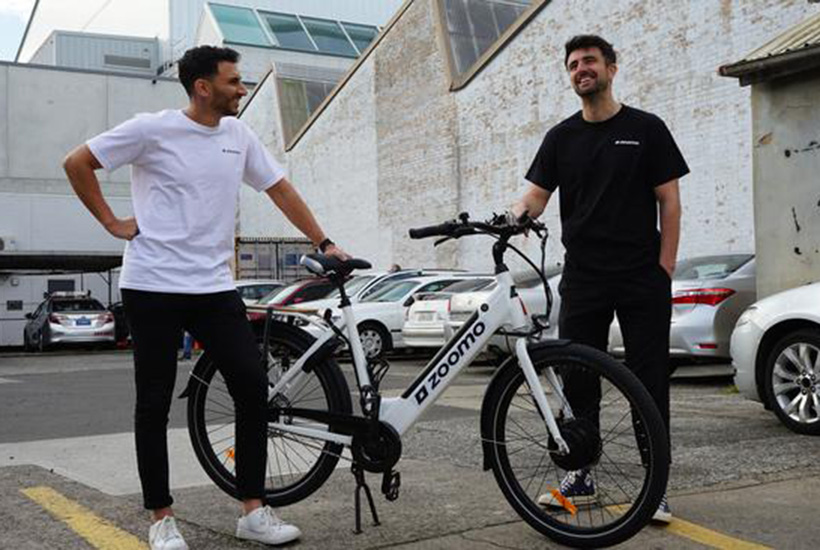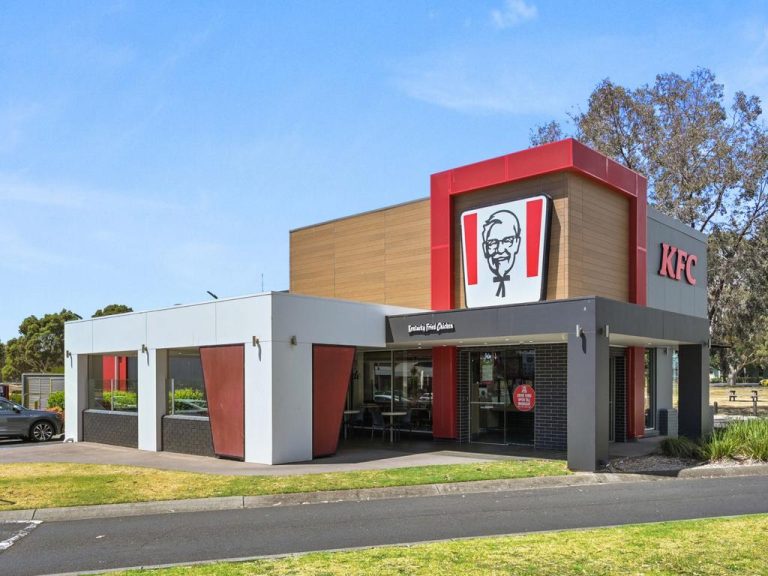E-bikes to be offered to Sydney office workers

Some employees who work in the buildings of the nation’s largest office landlord will soon be able to trial a COVID-safe alternative to commuting on public transport: electric bikes.
Dexus, which owns 1.6 million square metres of office space across Australia, has partnered with e-bike supplier Zoomo to offer discounted bike rentals or purchases to people working out of its buildings at Australia Square, Gateway and One Margaret Street in Sydney.
The landlord was motivated to find ways to help tenants safely return to offices in a COVID-19 beset world, telling The Weekend Australian the perceived health risks of travelling on public transport are one of the biggest concerns relating to returning to city work.
“In response to demand for alternative transport options, we are trialling a new customer offer with e-bike supplier, Zoomo, to provide a cost-effective and safe way for people to commute to the office,” a Dexus spokeswoman tells The Weekend Australian.
“This offer is supported by our extensive network of bike storage and change room facilities in our buildings, where we maintain a high standard of hygiene, together with physical distancing measures which are supported by an e-booking system.”
Despite the relatively low number of new COVID-19 cases outside of Victoria, public transport usage remains low.
Data from Veitch Lister shows that at the end of August, Sydney and Brisbane’s public transport usage was half of their levels of early February.
A hesitancy to travel on public transport is impacting office occupancy rates in major CBDs, with many workers having no realistic alternative to buses or trains.
This week Property Council Australia warned that low level of CBD occupancy across the country was slowing the pace of Australia’s economic recovery: Just 30% of offices in Sydney’s CBD are currently occupied, compared to 45% in Brisbane and just 7% in Melbourne.
Zoomo co-founder and CEO Mina Nada believes e-bikes can help solve the problem.
Nada, a former manager at food delivery service Deliveroo, started Zoomo in 2017 as Bolt Bikes, alongside former Bain & Co consultant Michael Johnson.
The company originally aimed to provide gig economy delivery drivers access to sturdy electric bikes that can be used for hours at a time, at all hours of the day and in all weather conditions — something many existing electric bikes, used mostly by hobbyists, could not provide.
The idea proved a success and Zoomo has now launched in the UK and New York following a successful $16m capital raising, to which the Australian Clean Energy Finance Corporation contributed $7m.
But with the Dexus deal, Zoomo is pivoting to a new market: commuters.
Nada doesn’t believe COVID-19 will be the death knell of the CBD. He thinks commuting habits will change and that within five years, there will be more light electric vehicles on the roads of our cities than cars.
“I think especially in this COVID-19 world, bike sales have exploded because people want to avoid public transport,” Nada tells The Weekend Australian.
“And bike or scooter share solutions are therefore not attractive in that environment either, but a solution which lets you have your own vehicle is an attractive proposition.
“To be clear, this is really a pilot and one we are rolling out and testing, but we are excited around the prospects here.
“People will realise that this is great not only for commuting but for weekends, for grocery shopping and you can also put kids on a bigger bike and take them to school.
“It’s also low-emission … Within five years there will be more light electric vehicles on the road than cars because our cities are getting denser.
Property Council Australia chief executive Ken Morrison tells The Weekend Australian that any move to encourage people back into CBDs will benefit the economy.
“Getting more people back to the office will be good for businesses and the economy, including all of the retail and hospitality businesses and service providers who depend on people being in the CBD,” Morrison says.
“Our surveys have shown that concern about using public transport is one of the reasons people are slow to come back to the CBD.
“The more we can do to encourage people to use different transport modes — whether they’re walking, cycling, driving or using public transport — the sooner we’ll see our CBDs come back to life and support economic recovery.
“That will also help build more momentum around getting back to the CBD safely.”
This article originally appeared on www.theaustralian.com.au/property.







